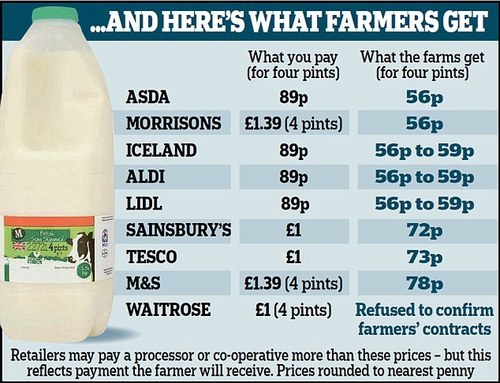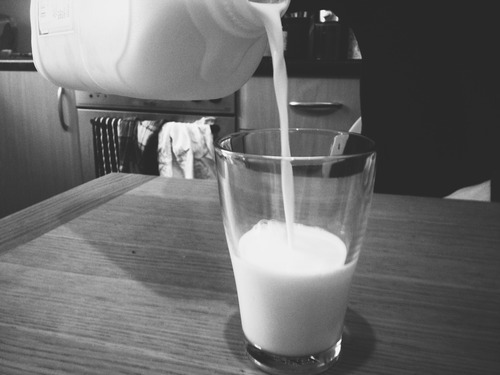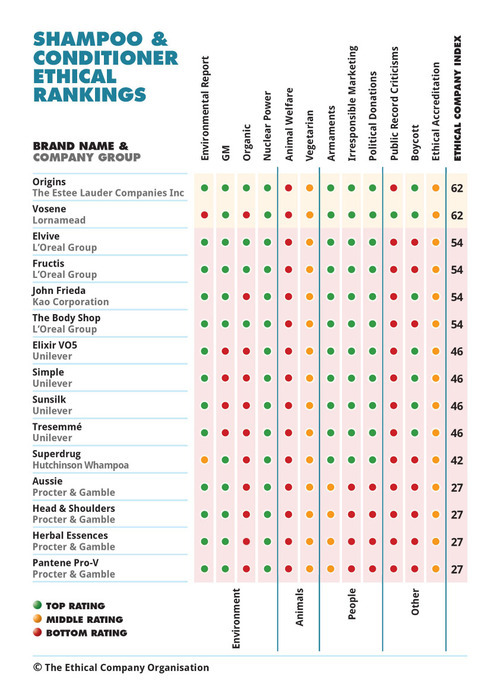So how did it go?
Well so far since making the change I’ve only bought one lot of supermarket milk. If I’m honest this was not what I expected! I was sure that I would give in to my laziness and not make it to local shop. However I’ve discovered two things; firstly, there’s a nice little shop called Urban Pantry which is on my walk home and since it’s open until 5.30pm when one day we ran out of milk it was easy to grab a pint. Secondly I realised that shopping locally is actually quite a fun thing to do with my daughter, she absolutely loves ‘Cow Molly’ milk and thought it was a fun Saturday morning activity to go to Beeches of Walkley our local butchers/deli. The only problem with this was that Beeches also do pretty fantastic sausages, (a fact my little girl is well aware of) this resulted in her crying all the way home shouting ‘we need to buy sausages’!…hmm this one might take a bit of work! The one day I did deviate from the plan was due to an ill toddler wanting to stay indoors and missing the local shops opening times.
Build routine
What this month has taught me is that for many of the changes I’m hoping to make the main thing is going to be creating new routines. These new routines are not always the easiest but that’s exactly the problem, if being ethical was the easy option everyone would do it! Building a new routine can actually be fun, there’s something strangely comforting about popping to the local shop for a pint of milk (sausage tantrums aside!).
What if you don’t have a local option
If when it comes to milk you don’t have a local option then two week’s ago I posted about the best supermarkets. However you can still endeavour to make sure you make the most ethical option. In my research I discovered that there’s no law that makes supermarkets put where their milk comes from. With British dairies closing every week this means milk is imported in to the UK and mixed with local milk. Therefore if local isn’t an option we can at least make sure we buy milk which says it’s British and even better produced in our county (Co-op seems to be pretty good at this).
If you’re in Sheffield and want a delivery I’ve been recommend T & J M White (though this isn’t local milk) who are on Holdsworth Lane between Loxley & High Bradfield (0114 285 1317) – thanks to Matt Moon for the tip!
This month has thrown lots of things into the mix, questions of fair pay, carbon footprint, quality, cost. Thanks to all those who’ve been letting me know they’ve been journeying with me, it’s always reassuring to know my ramblings are being read my someone! I’d love to know what change you have been making, next month I’m tackling energy companies!!








